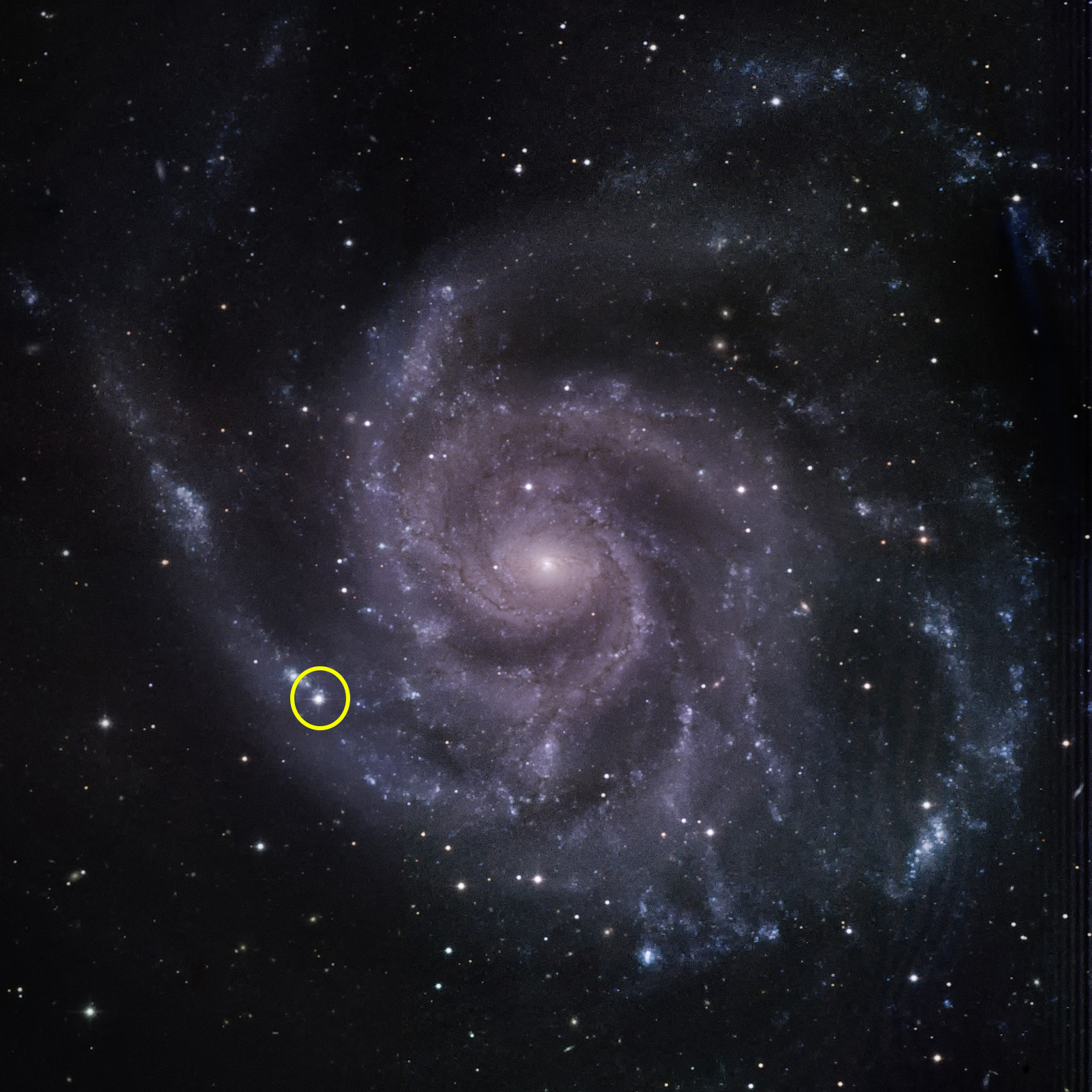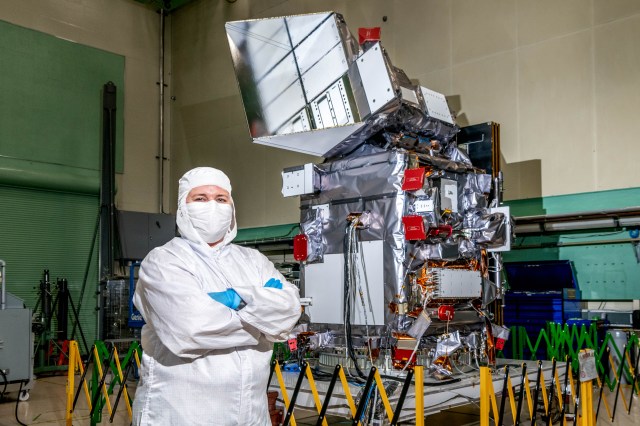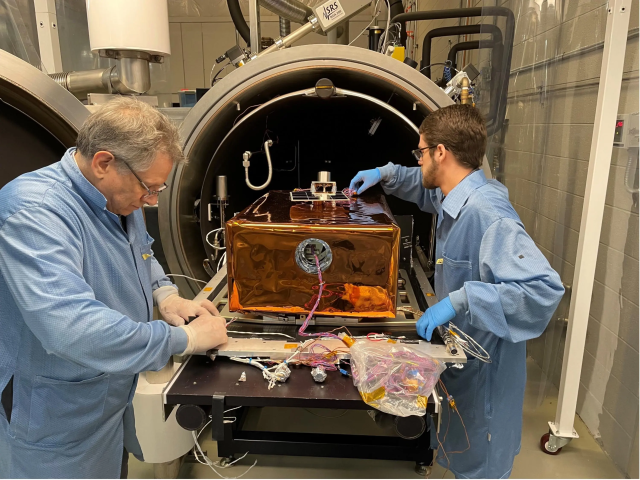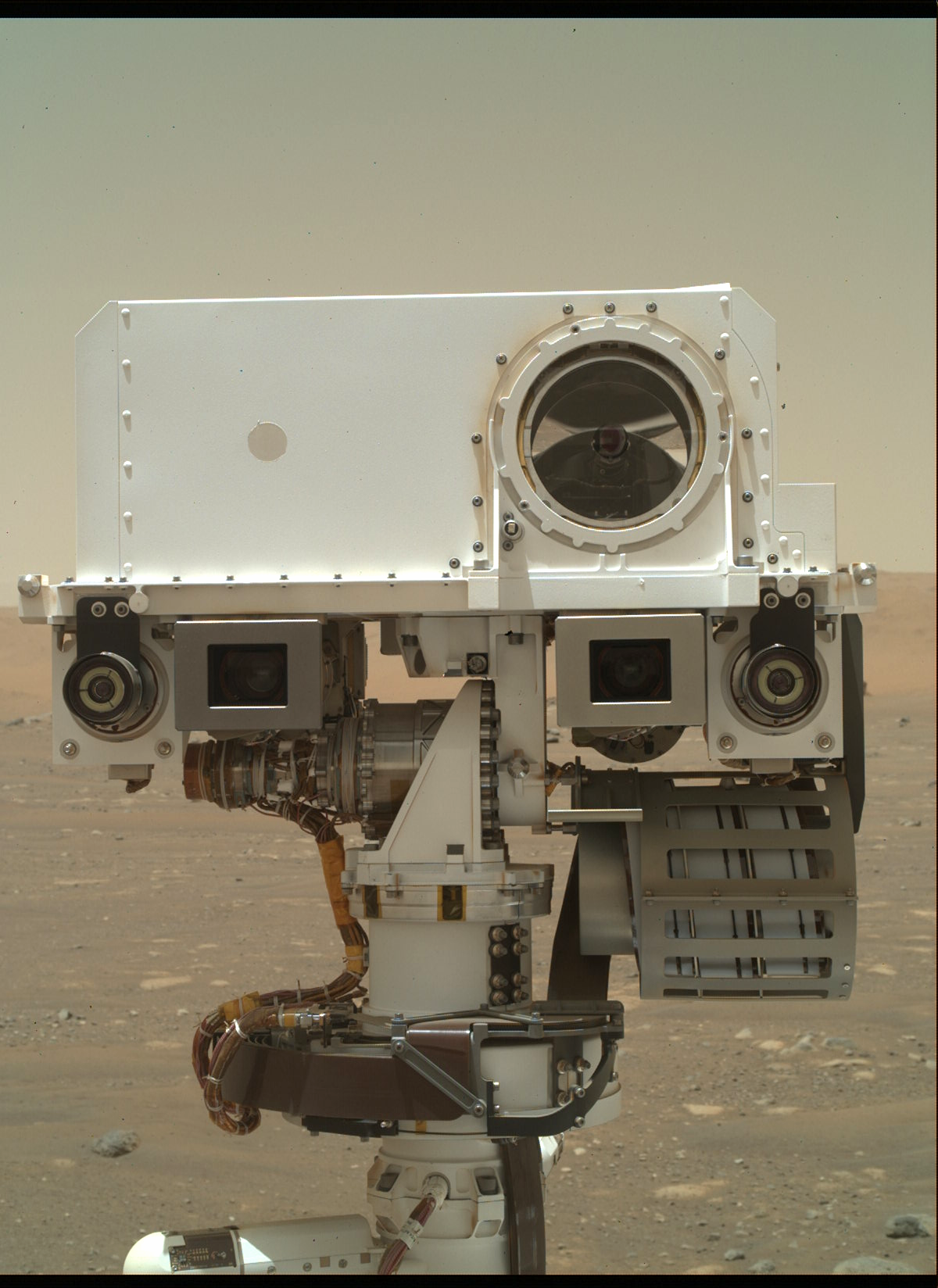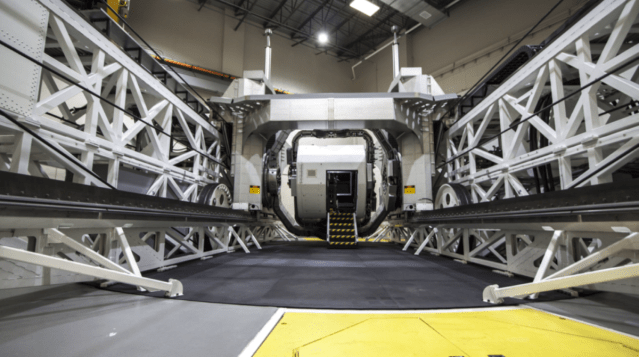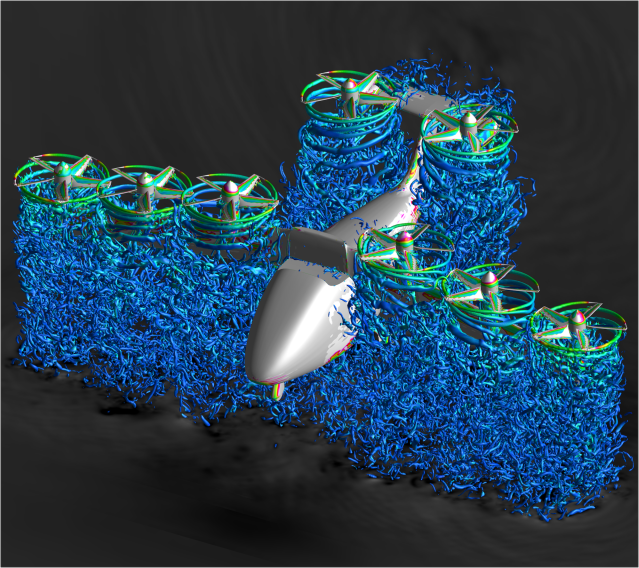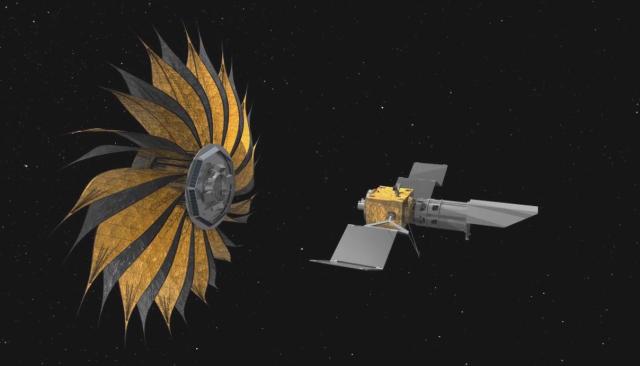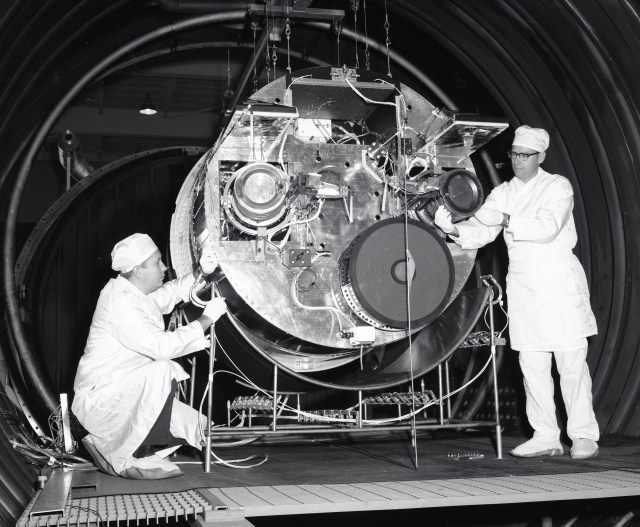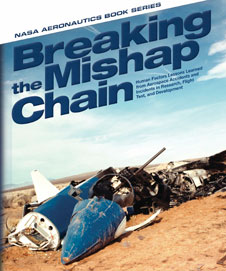 The latest offering in the NASA Aeronautics Book Series, “Breaking the Mishap Chain,” will debut at the 83rd annual Aerospace Medical Association conference May 13 -17, 2012, at the Atlanta Hilton, Atlanta, Ga. The three authors – Peter Merlin, Gregg Bendrick and Dwight Holland – will be available to discuss the book and autograph copies. The book details human factors lessons learned from aerospace accidents and incidents in research, flight test and development. It includes a number of mishap case studies that focus on the human factors that are often associated with a chain of events that, if even one element had been altered, could have prevented the disaster.
The latest offering in the NASA Aeronautics Book Series, “Breaking the Mishap Chain,” will debut at the 83rd annual Aerospace Medical Association conference May 13 -17, 2012, at the Atlanta Hilton, Atlanta, Ga. The three authors – Peter Merlin, Gregg Bendrick and Dwight Holland – will be available to discuss the book and autograph copies. The book details human factors lessons learned from aerospace accidents and incidents in research, flight test and development. It includes a number of mishap case studies that focus on the human factors that are often associated with a chain of events that, if even one element had been altered, could have prevented the disaster.
Merlin, an employee of Jacobs/Tybrin Corp., has worked as an aerospace historian at NASA’s Dryden Flight Research Center, Edwards, Calif., since 1997. He has authored numerous books and publications on aviation history, many involving aerospace mishaps. He has also appeared on several television documentaries relating to aviation history.
“This book is designed for anyone interested in aerospace safety issues, but may be of particular interest to aeromedical professionals and those responsible for planning, directing or managing aviation safety programs,” Merlin said. “This work will make an excellent textbook for any class on aviation and space safety or safety management.”
Dr. Bendrick, chief medical officer at NASA Dryden, oversees all aspects of aerospace medicine, occupational medicine and fitness center operations at the NASA field center on Edwards Air Force Base. He previously served in the U.S. Air Force as a flight surgeon. He is board certified in aerospace medicine and is designated by the FAA as a senior aviation medical examiner. He is also a Fellow of the Aerospace Medical Association.
“Anybody involved in flying needs to learn the lessons of the past,” Bendrick commented. “The same root causes of various accidents tend to occur over and over again. Hopefully, by identifying latent causes from past incidents and the associated lessons learned, we will prevent future mishaps.”
Dr. Holland, a principal partner in Human Factors Associates, has served as president of the International Association of Military Flight Surgeon Pilots and the Space Medicine Association. He is also a Fellow of the Aerospace Medical Association. He has written more than 100 academic presentations, book chapters, journal entries and papers. “Human factors and human systems integration remain the most challenging components of the systems engineering design process,” Holland said. “Failure to appropriately address these issues may, at best, result in system inefficiency or, in a worst-case scenario, in fatal accidents.
“This book is unique because it integrates aerospace history, medicine, human factors, and system design issues in a compelling multi-level examination of some truly fascinating stories of aerospace exploration,” he added.
The Aerospace Medical Association is comprised of specialists in the fields of aviation, space and environmental medicine. These national and international professionals gather at the conference to share their expertise on a broad range of issues ranging from medical standards, human factors, the aging pilot, medical evacuation and transport, fatigue management, psychological issues of aerospace flight and the physiological stresses of flight.
Publication of Breaking the Mishap Chain was sponsored and funded by the communications and education department of NASA’s Aeronautics Research Mission Directorate. The book is available free of charge in electronic format at: https://www.nasa.gov/connect/ebooks/break_mishap_chain_detail.html
› View promotional video
For more information about NASA, visit: http://nasa.gov
For more information regarding the Aerospace Medical Association, visit: http://www.asma.org/
– end –
text-only version of this release
To receive status reports and news releases issued from the Dryden Newsroom electronically, send a blank e-mail message to dfrc-subscribe@newsletters.nasa.gov. To unsubscribe, send a blank e-mail message to dfrc-unsubscribe@newsletters.nasa.gov. The system will confirm your request via e-mail.
Leslie Williams
Dryden Flight Research Center
661-276-3893
leslie.a.williams@nasa.gov

